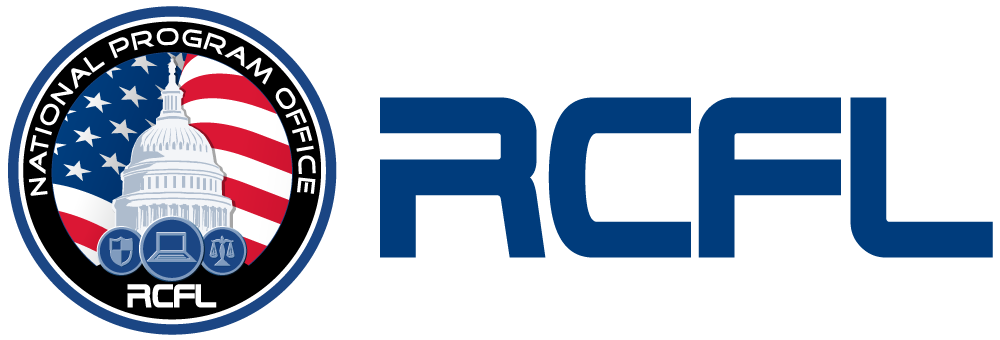Training
RCFLs offer a range of trainings and courses through our state and local partners, the National White Collar Crime Center, Naval Criminal Investigative Service, and trusted vendors. See each RCFL Service Area for training opportunities and schedules.
Some of the courses offered by RCFLs include:
Case Agent Investigative Review (CAIR):
CAIR teaches investigators and case agents how to safely browse, search, and save digital evidence of value for inclusion in an interactive report using the Forensic Toolkit. The course is designed to aid in the advancement of a case agent's investigation, setting leads, establishing probable cause for search and/or arrest warrants, and testifying at preliminary hearings.
Cell Phone Investigations
This one-day course offers hands-on experience operating the Universal Forensic Extraction Device (UFED) Touch and exposes students to logical extraction and data analysis. Students can expect to perform a number of hands-on logical extractions on various mobile devices with a variety of operating systems. Participants also create reports on findings and are exposed to the free UFED Reader and how to use it to multiply investigative efforts.
Cell Phone Investigative Kiosk Training
Cell phones can contain crucial evidence. Learn how to use the RCFL's self-service cell phone kiosk in this three-hour class. At the end of the class, you will be able to extract data from a cell phone, put it into a report, and save the report onto a drive or disk in as little as 30 minutes.
Loose Media Investigative Kiosk Training
Loose media like thumb drives, digital camera media cards, and CDs can contain crucial evidence in your case. Learn how to use the RCFL's self-service loose media kiosk in this three-hour class. At the end of the class, you will be able to extract data from loose media, put it into a report, and save the report onto a drive or disk.
Mobile Device Forensics
This four-day course provides the fundamental knowledge and skills necessary to preserve, acquire, and analyze data on mobile devices. Students use forensically-sound tools and techniques to acquire and analyze potential evidence. Topics include identifying potential threats to data stored on devices, available imaging options, accessing locked devices, and the default folder structure.
Seizing and Handling of Digital Evidence
Investigators learn how to collect and preserve digital evidence and to integrate digital evidence into a case. Additionally, investigators are exposed to advanced tools and techniques so they can better understand what to expect from a forensics examination. This course requires no prerequisites, but attendees should have a working knowledge of computers.
